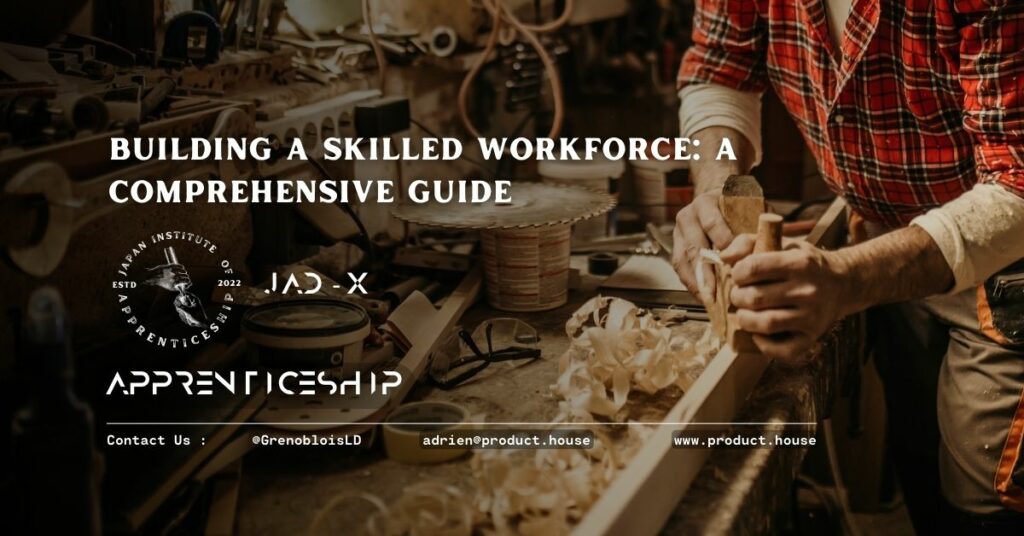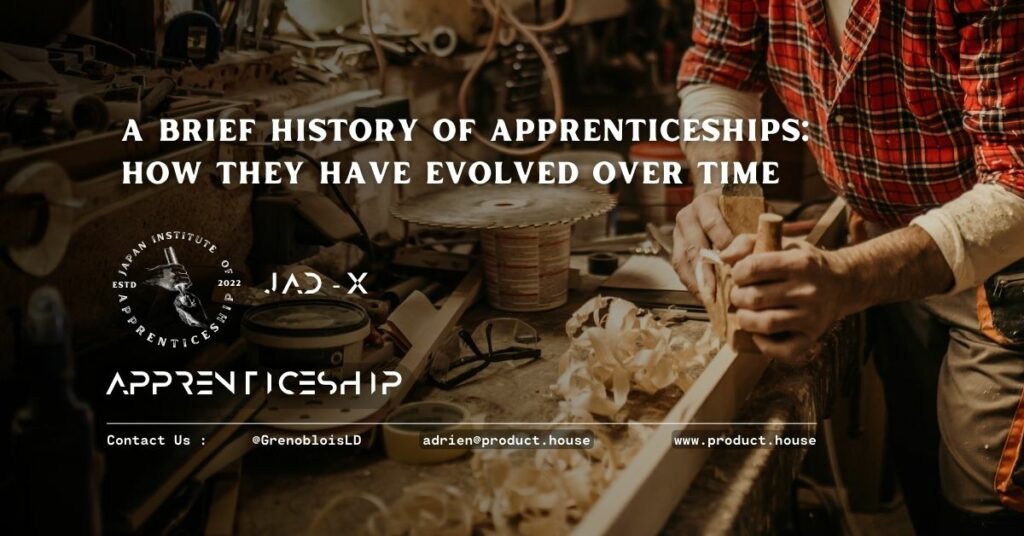The Compagnons’ Legacy: How the XIXth Apprenticeship Model Form Elite Mindsets for a Successful XXIst Japan DX – [v1.0]
Mémoires d’un Compagnon” by Agricol Perdiguier is one of the most important books in my collection. It tells the story of the “Compagnons du Devoir de Liberté”…








